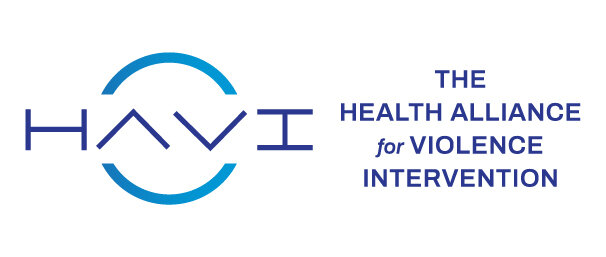To begin a program to reduce risk factors associated with violent injury, a comprehensive approach that addresses mental health and social determinants of health is critical.
Read MoreThe objective of this study is to assess outcomes for a cohort of young trauma patients in a prospective, randomized trial comparing BVI with BVI + CCMS.
Read MoreWe sought to operationalize the teachable moment (TM) construct and to determine whether an emergency department (ED) visit was a TM for intervention among assault-injured adolescents and their parents.
Read MoreOur Violence Intervention Program (VIP) conducted a prospective randomized control study to evaluate the effectiveness of intervention for repeat victims of violence.
Read MoreTo assess the effect of a hospital-based peer intervention program serving youth who have been hospitalized for violent injuries on participant involvement in the criminal justice system and violent reinjury and death after hospital discharge.
Read MoreThis article discuss three important concepts in relation to the consequences of violence (1) premature death, (2) violence recidivism, and (3) violent criminality.
Read MoreThis study identifies this subset of trauma patients, establishes their magnitude, and analyzes mechanisms of injury and hospital courses.
Read MoreUrban trauma, often presumed to be an acute episodic event, may actually be a chronic recurrent disease related to the lifestyle, environment, and other factors of its victims.
Read More